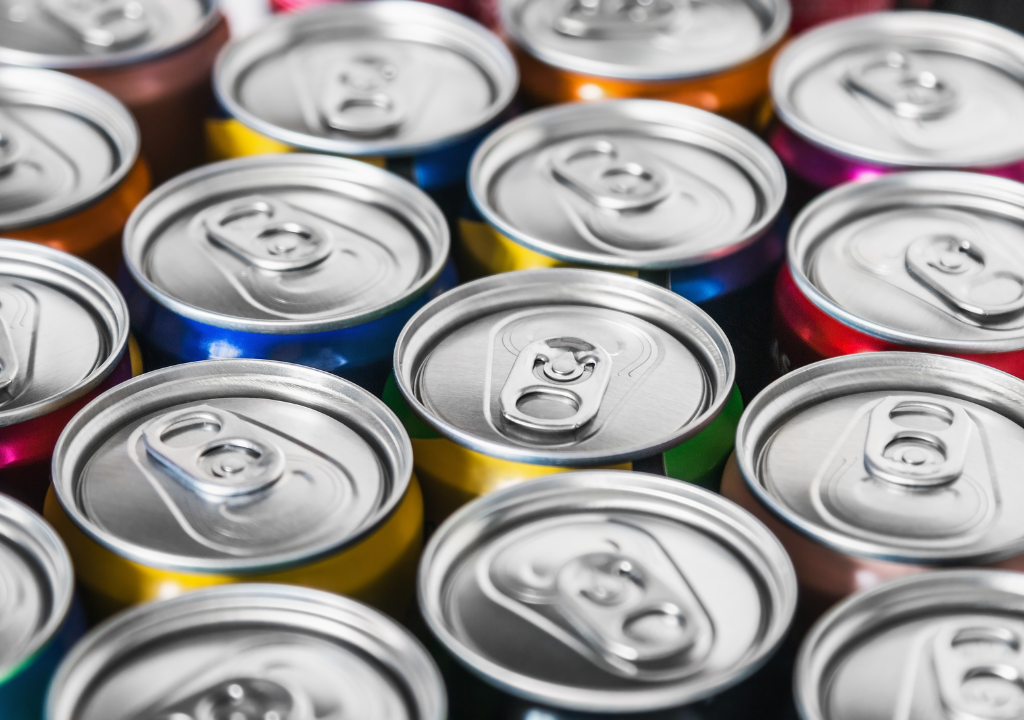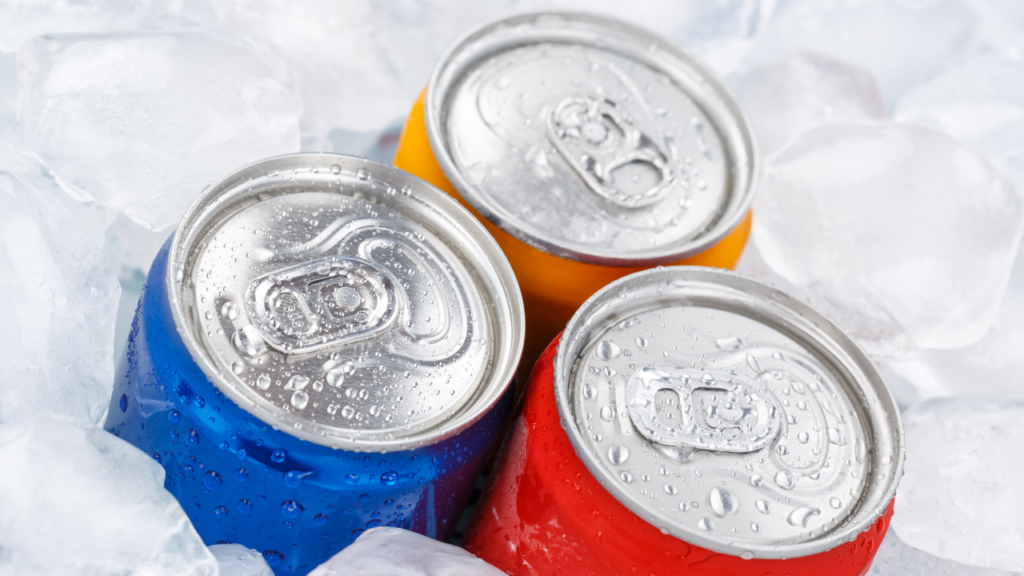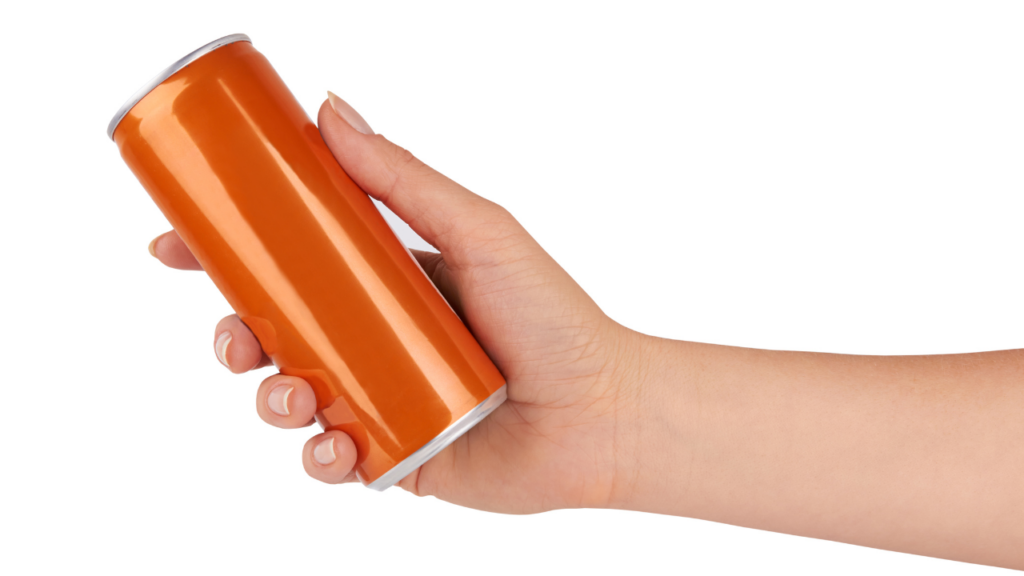Proposal to Tax Sugary Drinks Based on Sugar Content

Summary
The draft amendment to the Special Consumption Tax Law proposes a 10% tax on soft drinks containing more than 5g of sugar per 100ml, aiming to curb sugary beverage consumption and improve public health. However, many National Assembly delegates argue that the sugar threshold, actual consumer behavior impact, and fairness between domestic and foreign businesses need careful consideration. In this context, the Nam Viet Group has proactively developed low-sugar, natural products with eco-friendly packaging, demonstrating its leadership in sustainable development trends.
Many National Assembly delegates have proposed that the government study the implementation of a sugar-content-based tax on sugary drinks, and introduce a phased roadmap when including these products under the Special Consumption Tax (SCT).
On the morning of November 22, the National Assembly discussed the draft amendment to the Law on Special Consumption Tax. According to the draft, the government proposes imposing SCT on beverages with more than 5 grams of sugar per 100 ml. The proposed tax rate is 10%.
A Need to Consider Health Impact and Consumer Behavior

Professor Nguyễn Anh Trí, former Director of the National Institute of Hematology and Blood Transfusion, believes the proposed tax on sugary beverages must be carefully evaluated for its actual impact on health. He argued that not all sugary drinks are harmful if consumed in moderation. “When I return home tired from work, a glass of sweetened beverage helps me feel refreshed. Not everything with sugar is harmful,” he said.
Therefore, he recommended a tiered tax system based on sugar content instead of a flat rate. Specifically, he suggested three tax brackets: 3–5 grams/100 ml, 5–15 grams/100 ml, and above 15 grams/100 ml.
Lessons from Other Countries and Concerns About Product Classification
Thailand is among the countries that apply sugar-content-based taxes, with rates increasing based on the sugar level in beverages. This system encourages companies to reformulate products without causing abrupt market disruptions.
In Vietnam, some delegates expressed concern about the lack of a clear definition of "soft drinks." Mr. Nguyễn Trúc Sơn, Standing Vice Chairman of Bến Tre Province, pointed out that over 200,000 coconut farmers and 100 processing and export businesses in his province are worried about whether processed coconut water would fall under this tax due to the vague classification.
“Applying a universal tax rate as proposed is inappropriate and could negatively affect agricultural production,” he emphasized.
Health Warnings and Nutritional Concerns
Delegate Trần Thị Nhị Hà, Deputy Head of the People’s Aspirations Committee, highlighted the high sugar content in common beverages. She cited an energy drink with 64.5 grams of sugar in a 350 ml bottle—more than double the recommended daily intake for adults and over four times the limit for children.
She urged a more thorough explanation of why the 5 grams/100 ml threshold was chosen and questioned whether beverages using natural fruit sugars would also be taxed.
“Tax policy should be grounded in scientific evidence to avoid misunderstandings and unintended consequences on healthy products,” she said.

Domestic Enterprises Take Initiative: Nam Viet Group and Sustainable Development
While many businesses await further guidelines, Nam Việt Group—a leading name in the beverage industry—has proactively adapted. The company has focused on developing low-sugar, preservative-free drinks made from natural fruit extracts and is a pioneer in using environmentally friendly packaging.
With over 40 internationally certified production lines (BRCGS, GMP, FSSC22000, ISO14001:2015), Nam Việt Group exports to more than 200 countries and territories. The company is also committed to transparency in ingredients and nutritional information, constantly innovating to meet health standards and align with future tax policies.
This proactive approach demonstrates not only the company’s adaptability but also its vision for sustainable growth in an evolving regulatory environment.
Mixed Reactions on Policy Effectiveness
While many support the policy, some delegates voiced concerns about its actual impact. Ms. Dương Minh Ánh, a member of the Committee for Culture and Education, argued that the SCT on sugary drinks may not significantly increase revenue or reduce consumption.
She cited studies showing that a 10% SCT could generate VND 8.5 trillion in the first year, but would simultaneously reduce direct tax revenues by over VND 2.15 trillion and slow sectoral growth in subsequent years.
Moreover, foreign businesses can quickly adjust sugar content to avoid taxation, while domestic companies would face higher costs to reformulate. “Such policies could create market inequality if not carefully designed,” she warned.
Conclusion
The draft amendment to the Special Consumption Tax Law is drawing a range of opinions from lawmakers, businesses, and experts. Taxing sugary drinks is necessary to promote healthier consumption and protect public health. However, a flexible, science-based approach is needed—one that classifies products appropriately based on sugar content and offers a clear transition timeline.
